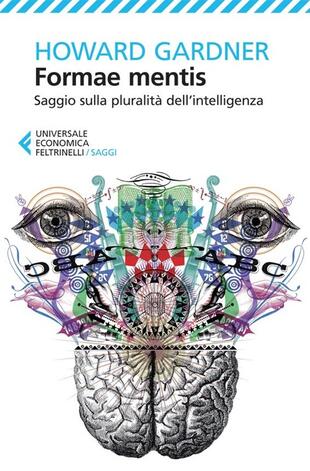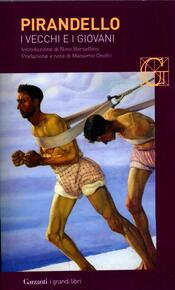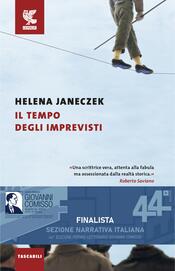

Sinossi
Scopo di questo libro è dimostrare che il fenomeno "intelligenza" può essere scomposto in una serie finita di abilità umane distinte, di distinte intelligenze: linguistica, musicale, logico-matematica, spaziale, corpo-reo-cinestetica, personale e interpersonale. Caso per caso, Gardner esamina quali siano i componenti e lo sviluppo di ogni particolare forma di intelligenza, gli aspetti neurologici e quelli interculturali. Negando il concetto unitario di intelligenza, Gardner mira tra l'altro a mettere in discussione l'assunto che l'intelligenza possa essere misurata mediante test verbali e a proporre una tecnica capace di applicazioni in campo educativo. Questo libro, che per la sua originalità e vivacità di stile ha ricevuto riconoscimenti in tutto il mondo, ha segnato una svolta negli studi sull'intelligenza, ed è oggi considerato una pietra miliare negli studi sull'apprendimento.
- ISBN:
- Casa Editrice:
- Pagine: 591
- Data di uscita: 25-09-2013
Recensioni
This is one of those books on which many people opine who have not actually read it. Accordingly, we tend to see people scorning the theory of multiple intelligences, arguing that really "these are just skills rather than separate intelligences". As you may imagine, this book, the harbinger of the t Leggi tutto
While the concept of this theory was interesting, the writing was unnecessarily verbose. I found it difficult to pick out the main ideas of the theory beyond the first three and many of the notes in the final chapters seemed like afterthoughts to add to the page count. Gardner writes like a theorist Leggi tutto
I wrote a paper on Gardner's theory of multiple intelligences when I was working toward my master's in education. I didn't come down entirely on the anti-Gardner side of the fence but I was pretty critical about the lack of scientific evidence for separate "intelligences" and other imprecisions in hi Leggi tutto
Author seems exceptionally qualified to research this subject, but he's a shit writer. Seems like he just uses the most obscure synonyms he can find as some type of vocabulary challenge. What the fuck does quadrivium mean, asshole, and why do you use it constantly? Overly verbose writing both aliena Leggi tutto
Letto per la tesi, mi ha aperto gli occhi riguardo alla pluralità dell'intelligenza umana. I capitoli che presentano ogni singola intelligenza e il capitolo sull'insegnamento e su come "coltivare" le potenzialità infantili in ambito educativo sono molto interessanti e valgono la lettura. Nonostante Leggi tutto
One of my professors used this as a text when I was working on a M.A. in education, and it really opened some new doors for me. I'd always felt that conventional intelligence tests like IQ tests and the SAT were marginally relevant at best, and that a lot of people were very smart in ways those test Leggi tutto
”Why bother attempting to define intelligence when it is relative and impacted by various factors?” - Frames of Mind sets out to explain that there are different types of intelligence and how different parts of the brain affect each of these different types of intelligence. Unravel common myths abou Leggi tutto
Rating: 7/10 I wanted to love this book but my Goddddddddddddddd did majority of it bore me If I wasn’t so curious and stubborn I probably wouldn’t have finished it Premise and research were interesting. Execution was meh Maybe I’ll give it another shot later in the year!
Citazioni
Al momento non ci sono citazioni, inserisci tu la prima!























